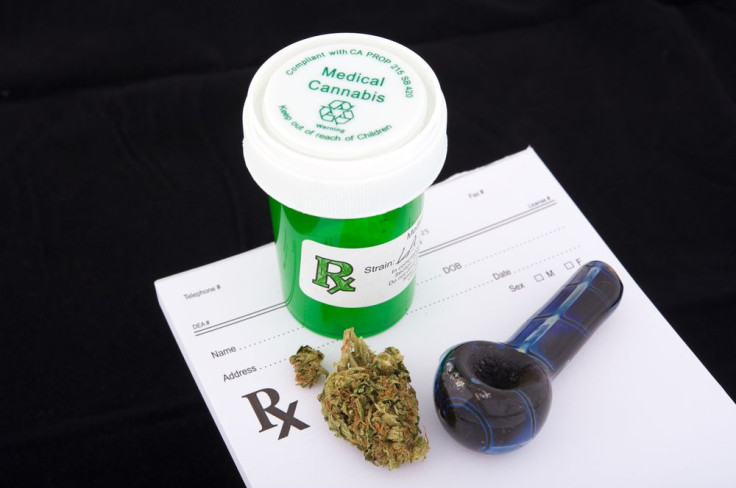Doctors For Marijuana: More Than Half Of US Health Care Professionals Support Medical Marijuana Legalization

Currently legalized in 21 states and Washington, D.C., medical marijuana has become a heavily debated issue among the health care community, with doctors on both sides drawing their line in the sand. A recent survey conducted by WebMD and Medscape has revealed that over 50 percent of doctors across the United States feel medical marijuana should finally be legalized for patients who can benefit from the substance as a treatment option.
“The medical community is clearly saying they support using marijuana as a potential treatment option for any number of medical problems. In fact, many doctors already prescribe it,” WebMD Chief Medical Editor Dr. Michael W. Smith said in a statement. “But health professionals are still unclear as to what the long-term effects may be.”
On WebMD’s specialty site for health professionals, a total of 1,544 doctors were asked about their opinion on medical marijuana and if they thought their state should consider its legalization. The medical background of doctors included in this poll ranged from 12 different specialties and encompassed 48 states. Although the majority of respondents agreed the U.S. should consider legalizing medical marijuana, close to half were not as keen on legalizing marijuana for recreational use.
When asked about medical marijuana as a possible treatment for certain conditions including cancer, multiple sclerosis, and epilepsy, 69 percent of respondents agreed the current “Schedule I” substance could benefit most patients. Fifty-six percent of the poll supported medical marijuana legalization nationwide, while half of the doctors in states where it is not legalized said their state should consider legalization in the near future.
“The findings would indicate a strong desire to have the DEA ease the restrictions on research so that additional studies can be done to conclusively show where medical marijuana can help and where it might not,” Smith explained.
In a separate survey, 2,960 WebMD visitors were asked to give their opinion on the legalization of medical marijuana in their state and across the U.S. Forty-five percent of respondents said the benefit of marijuana as a treatment option outweighed its risks. Similar to doctors in the first survey, 50 percent supported nationwide legalization while 49 percent of consumers from states where medical marijuana is not legalized said that it should be legal in their state.
“One of the most documented uses of medical marijuana is in the treatment of pain,” Smith added. “Medical marijuana may be a better painkiller than narcotic painkillers, like oxycodone, with less potential for addiction. More research will help us better understand how best to use medical marijuana in the treatment of many conditions that cause chronic pain.”
Responding to medical marijuana as a treatment option for epilepsy, Philip M. Gattone, president and CEO of the Epilepsy Foundation, and Warren Lammert, chair of the Epilepsy Foundation’s Board of Directors issued a statement recently that expressed the foundation’s opinion. Gattone and Lammert urged the Drug Enforcement Administration (DEA) to lift current restrictions on clinical trials and research into medical marijuana as a form of treatment for epilepsy. The foundation also took time to “applaud recent decisions that have allowed clinical trials of Cannabidiol (CBD) oil, to begin in several states.”



























